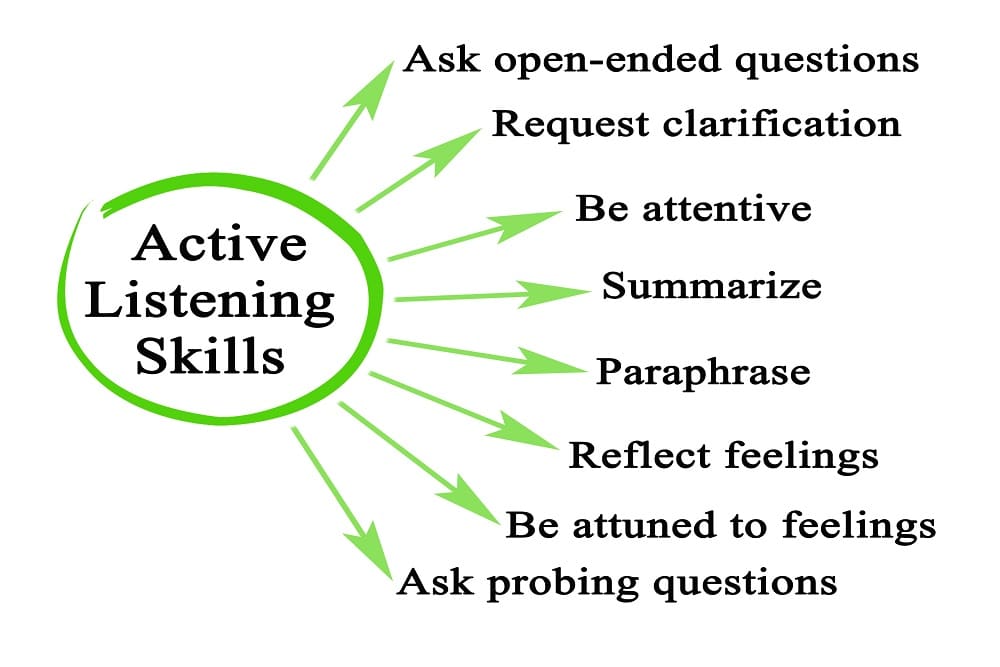The importance of good communication to strong relationships is common knowledge. Every marriage counselor worth their salt will encourage clients to improve their communication skills. A big part of that is learning to listen rather than just hearing. Despite people commonly using the words interchangeably, hearing and listening are not the same thing.
You may be subconsciously familiar with this truth based on your own experience. For example, maybe you have felt that someone else is hearing the words you say but not really listening to those words. Perhaps you have been accused of the same thing. Both scenarios clearly demonstrate that hearing and listening are different exercises.
Hearing His Physical
You know from your school years that hearing is one of the body’s five senses. It is a physical reaction to auditory stimuli. For simplicity’s sake, let us take a look at what the Merriam-Webster Online Dictionary says about hearing. It defines hearing as:
- The process, function, or power of perceiving sound; and
- Specifically, the special sense by which noises and tones are received as stimuli.
Hearing is a function of the body. Our ears can physically hear the words other people say without our brains acknowledging those words in any meaningful way. Similarly, you can physically hear the sound of a car driving by your home without ever giving it a second thought.
Listening is Mental
Listening is distinct from hearing in one sense, but an extension of hearing in another sense. Hearing the words someone else is speaking involves the biological functions of the ear. Listening to those words involves mental function. You have to hear before you can listen; you do not have to listen to what you hear.
In the context of a conversation, listening requires actually paying attention to the words being spoken. It requires thinking about those words to understand the meaning, context, intent, etc. To listen means to engage your brain rather than letting sounds stop at your ears.
How Both Affect Relationships
Now to the part you have been waiting for: an explanation about how hearing and listening affect relationships. Bear in mind that what you are about to read is based on the common concept that good communication is the foundation for successful relationships.
There are times when a person just needs a shoulder to cry on. There are other times when someone is just looking for a sounding board. In both cases, it is not necessarily a given that you have to closely listen to what is being said. Likewise, there are times when the other person isn’t looking for an answer or solution from you. So thinking too much on that person’s words can be problematic.
The other side of the coin is knowing when listening is beneficial. If you are hoping to have any sort of meaningful discussion with another person, listening is not optional. Meaningful discussions require both parties to listen carefully, think things through, and then respond accordingly.
Results of Not Listening
When two people in a relationship do not listen to one another, the result is almost always negative. Hearing without listening leads to misunderstandings and assumptions. Not listening makes it impossible to adequately understand what the other person is trying to communicate. When people involved in a relationship don’t listen, they are setting themselves up for failure.
Good communication is paramount to strong relationships. At the core of good communication is the ability and willingness to listen. It is not enough just to hear what someone else is saying. You have to listen with your mind and do your best to understand. We are ready when you are to start working on your listening. Contact us today.

